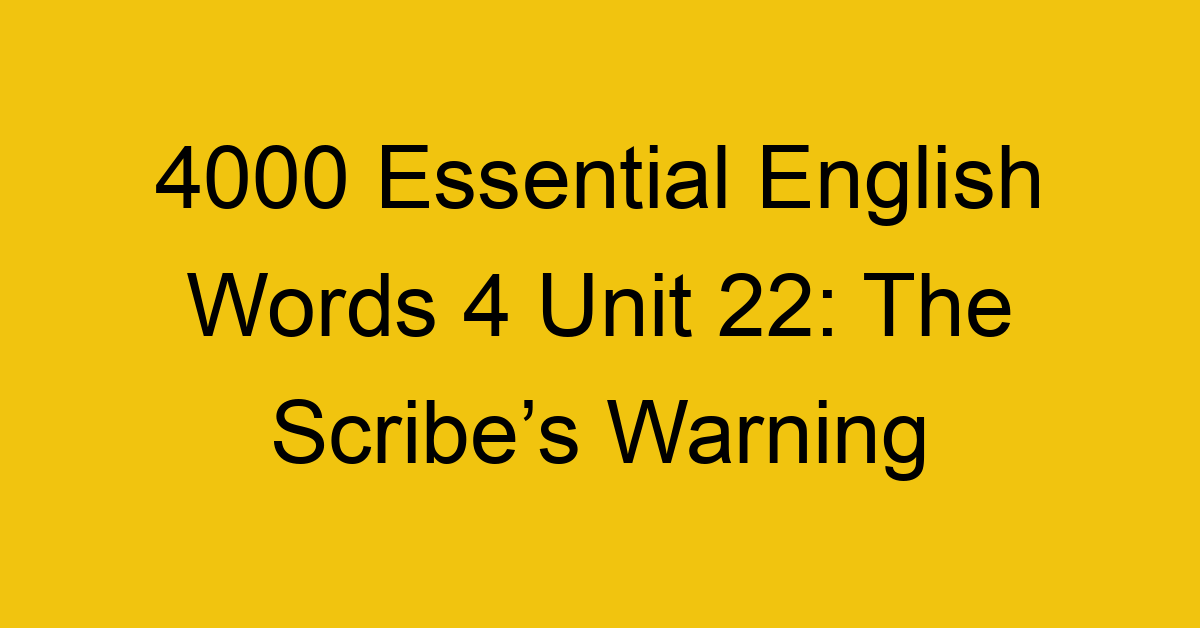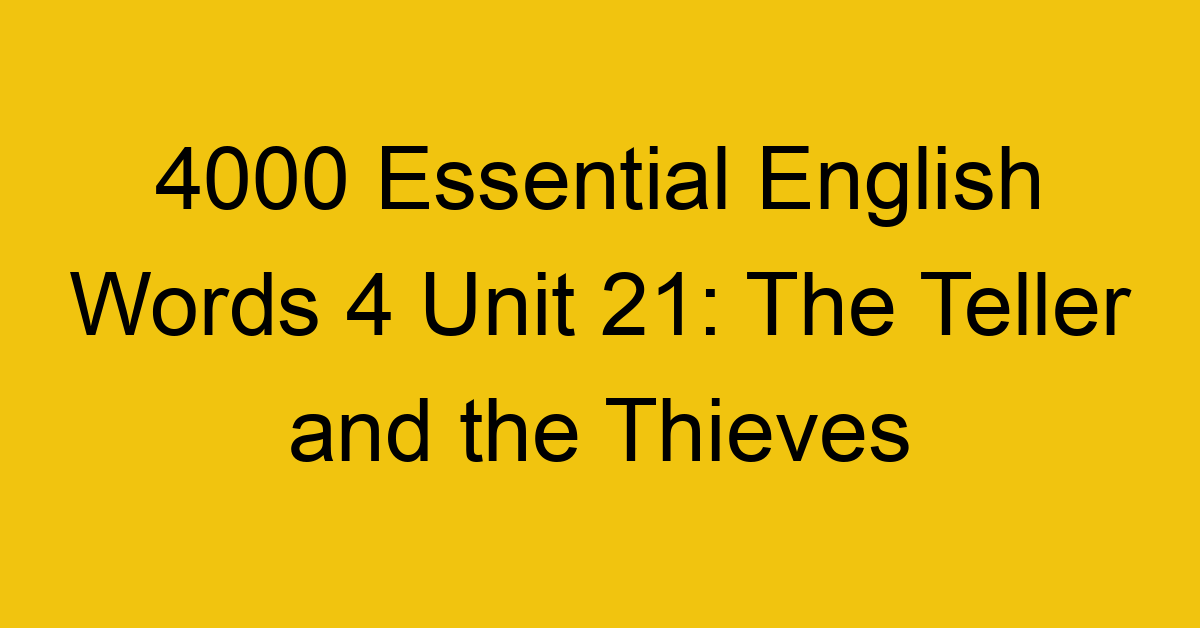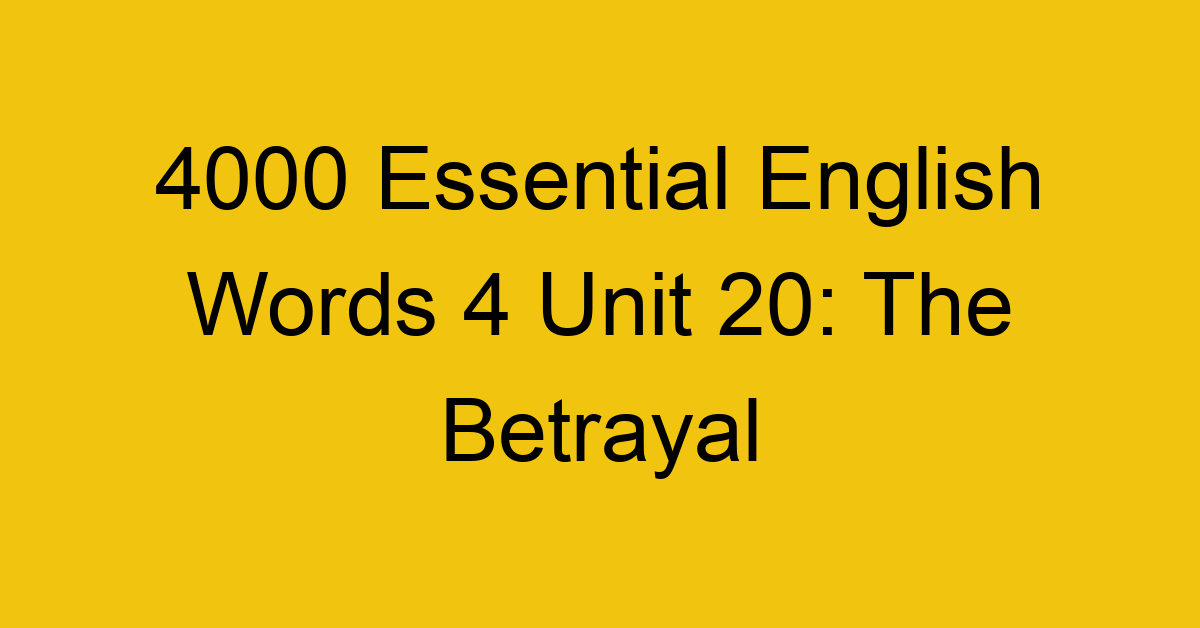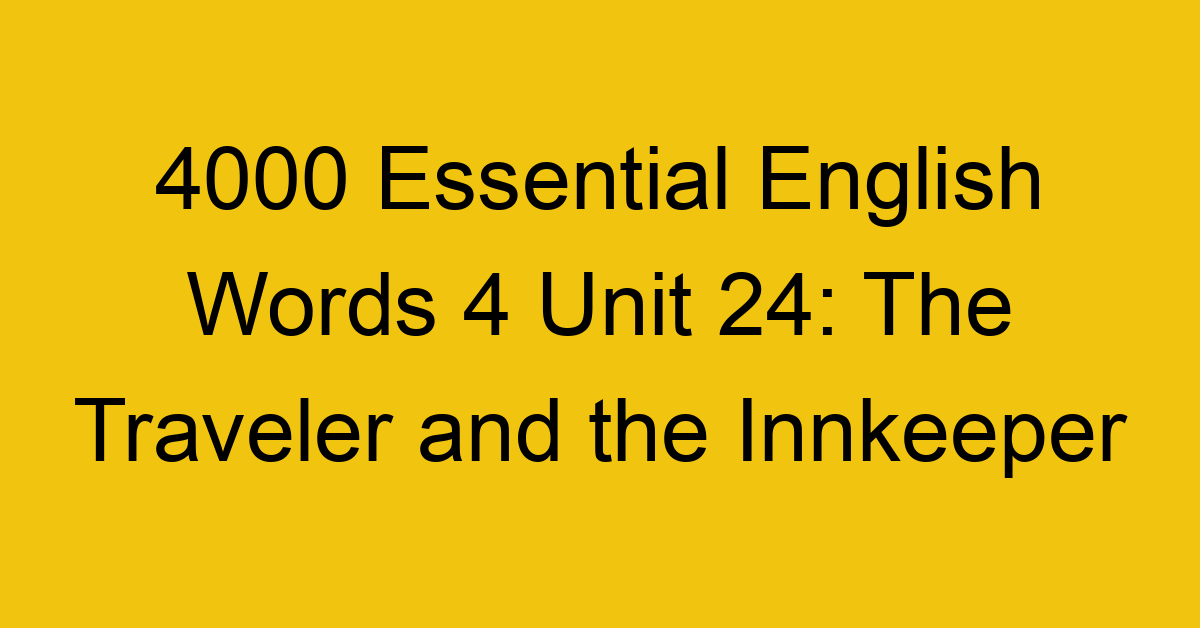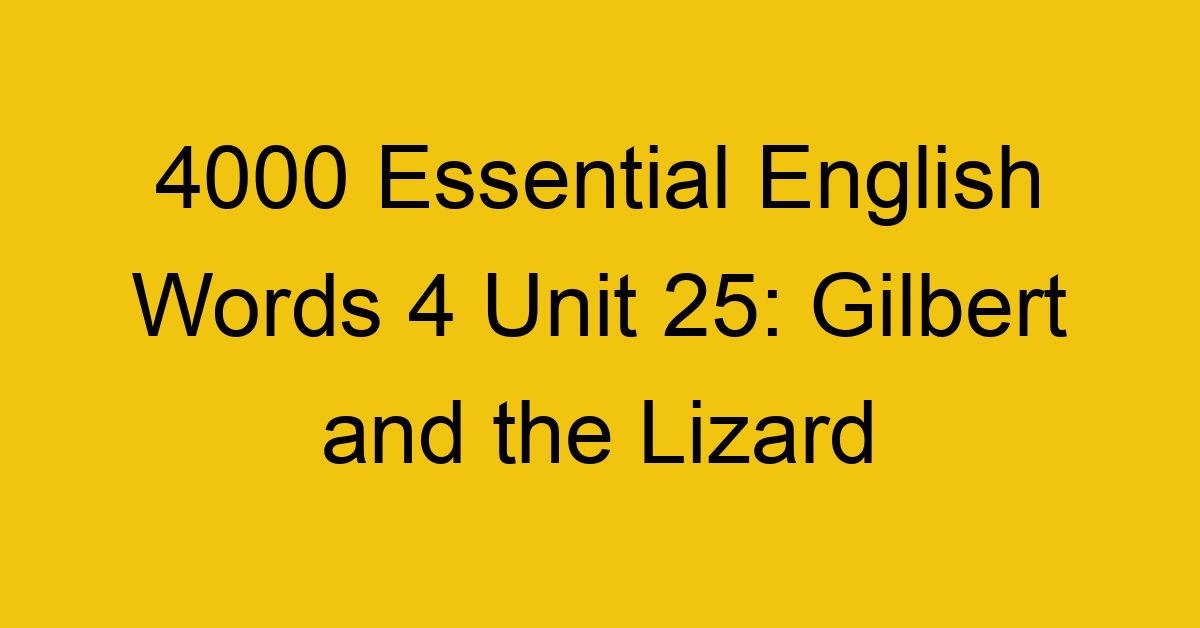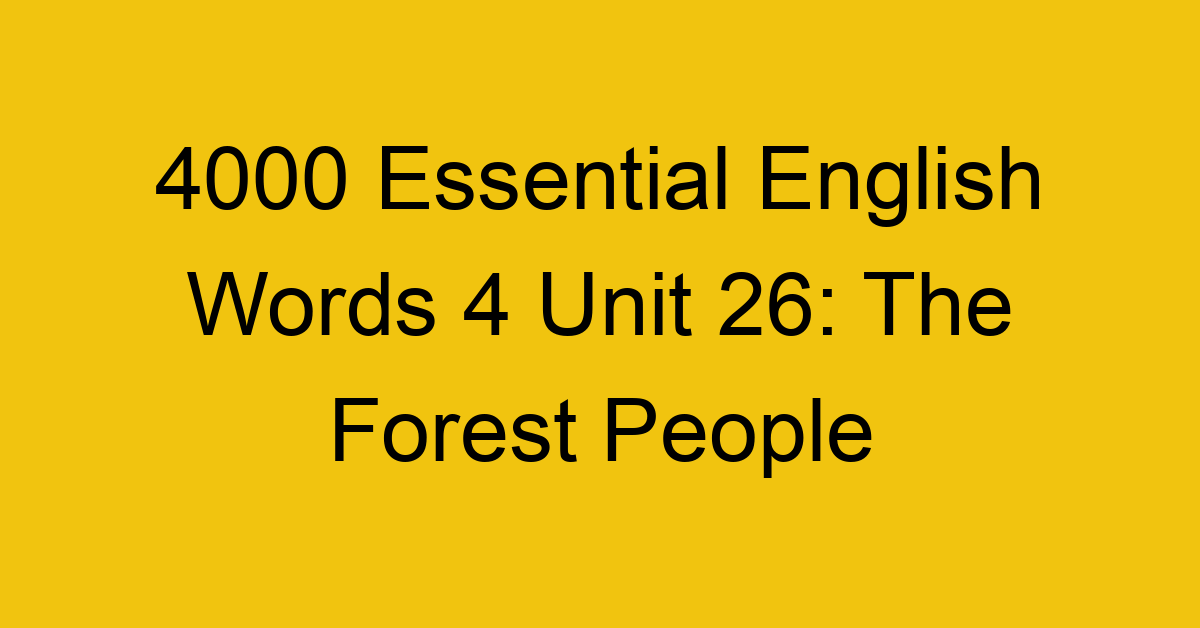4000 Essential English Words 4 Unit 23: How the Dinosaurs Really Died
Word List
- accurate [ˈækjərit] adj.
If something is accurate, it is completely correct.
→ The story in the newspaper wasn’t very accurate.
- analyze [ˈænəlaiz] v.
To analyze something is to study it.
→ The scientist will analyze the blood sample.
- asteroid [ˈæstərɔɪd] n.
An asteroid is a giant rock from outer space.
→ In 1908, a giant asteroid hit Siberia.
- controversy [kɒnˈtrəvə:rsɪ] n.
A controversy is a dispute about something that affects many people.
→ There has been a lot of controversy over the judge’s decision.
- evolve [iˈvɒlv] v.
To evolve is to change over time.
→ Many people think that humans evolved from animals.
- factor [ˈfæktər] n.
A factor is something that has an effect on the way another thing happens.
→ Smoking is the main factor that causes lung cancer.
- genetic [dʒiˈnetik] adj.
If something is genetic, it is related to the genes in one’s body.
→ The color of one’s eyes is genetic.
- genome [ˈdʒiːnoum] n.
A genome is the collection of all the genes in a living thing.
→ Understanding the human genome may help cure many diseases.
- identical [aiˈdentikəl] adj.
To be identical is to be the same as someone or something else.
→ James and John are identical twins.
- intellectual [ˌɪntəˈlektjuəl] n.
An intellectual is a very smart person.
→ We’ve always considered my Uncle Max the intellectual of the family.
- majority [məˈdʒɔ(:)rətɪ] n.
A majority of something is almost all of the people or things in that group.
→ A majority of the people voted for Tom Smith in the election.
- mammal [ˈmæməl] n.
A mammal is an animal that usually has hair and is not born from an egg.
→ Even though it lives in the water, whales are actually mammals.
- multiply [ˈmʌltəplai] v.
To multiply is to increase in number.
→ In the past year, the number of people at work multiplied by ten percent.
- offspring [ˈɔ:fspriŋ] n.
Offspring are the children of a person or the babies of an animal.
→ The dog’s offspring had the same color of fur as she did.
- pesticide [ˈpestəsaid] n.
A pesticide is a substance used to kill insects.
→ The farmer sprayed his crops with a pesticide to keep bugs away.
- regulate [ˈregjəleit] v.
To regulate something is to control how it happens.
→ The bank regulates how much money people can borrow from it.
- reinforce [riːinˈfoːrs] v.
To reinforce something is to make it stronger.
→ Peter reinforced his opinion with information from a book.
- stricken [ˈstrikən] adj.
If one is stricken by a disease or problem, they are badly affected by it.
→ Mike was stricken with a horrible illness.
- vast [væst] adj.
If something is vast, it is very large.
→ The wealthy man bought a vast amount of land in the countryside.
- vegetarian [ˌvedʒəˈtɛəriən] n.
A vegetarian is someone who does not eat any meat products.
→ I became a vegetarian because I don’t like the taste of meat.

